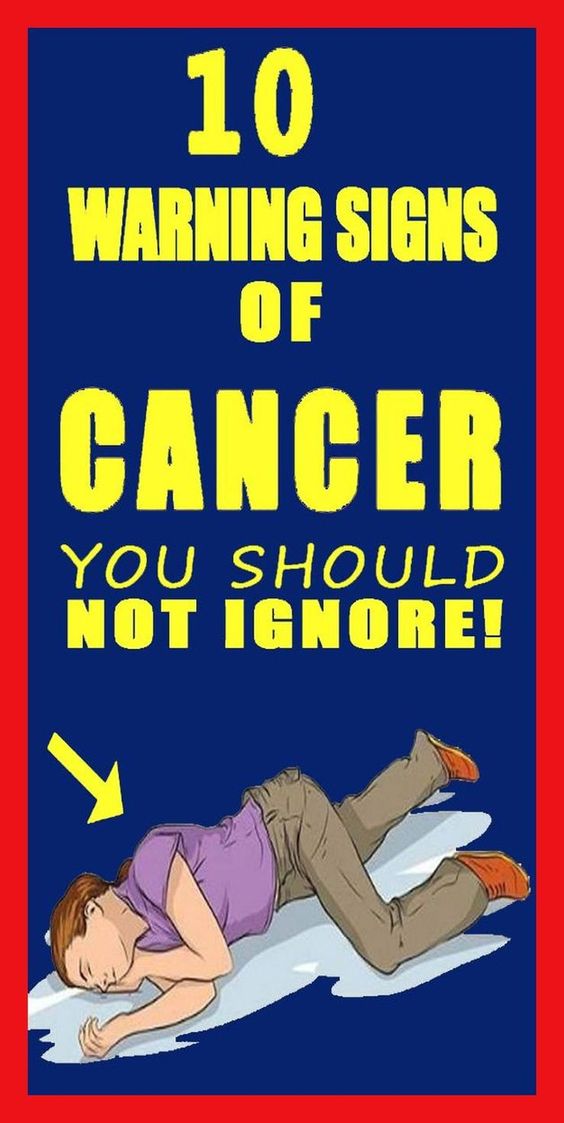Cancer, a complex and multifaceted disease characterized by the uncontrolled growth and spread of abnormal cells, poses a significant health challenge worldwide. Early detection plays a critical role in improving cancer outcomes, yet many individuals may overlook or dismiss the subtle signs that indicate cancer is growing in their bodies.
This essay aims to shed light on the early warning signs of cancer growth, emphasizing the importance of vigilance and proactive healthcare-seeking behaviors in identifying and addressing potential malignancies.
Early Signs of Cancer Growth:
1. Unexplained Weight Loss:
Sudden and unexplained weight loss, especially significant loss without changes in diet or exercise habits, can be an early indicator of cancer. Cancer cells consume energy and nutrients at a rapid rate, leading to metabolic changes that result in weight loss. Individuals who experience unintentional weight loss should consult a healthcare professional to rule out underlying malignancies.
2. Fatigue and Weakness:
Persistent fatigue and weakness that do not improve with rest can be symptomatic of cancer growth. Cancer-related fatigue is often debilitating and can interfere with daily activities and quality of life. While fatigue is a nonspecific symptom that can occur due to various reasons, it warrants further evaluation, especially when accompanied by other concerning signs.
3. Changes in Bowel or Bladder Habits:
Changes in bowel habits, such as persistent constipation, diarrhea, or changes in stool consistency, may signal underlying gastrointestinal cancers. Similarly, frequent urination, blood in the urine, or changes in bladder function can be indicative of urological cancers. Any persistent changes in bowel or bladder habits should be promptly investigated by a healthcare provider.
4. Persistent Pain:
Persistent or worsening pain that does not improve with conservative measures may be a sign of cancer growth. Depending on the location of the cancer, individuals may experience localized pain, such as abdominal pain in the case of gastrointestinal cancers or bone pain in the case of metastatic disease. It is important to differentiate cancer-related pain from other causes and seek medical attention for proper evaluation and management.
5. Changes in Skin Appearance:
Changes in the skin, such as the appearance of new moles or changes in existing moles, persistent itching, or skin lesions that do not heal, may indicate skin cancer or underlying malignancies. Skin changes should be promptly evaluated by a dermatologist to rule out potential cancerous growths.
6. Persistent Cough or Hoarseness:
A persistent cough that lasts for several weeks or is accompanied by other symptoms such as hoarseness, coughing up blood, or difficulty swallowing, may be indicative of lung cancer or cancers of the upper respiratory tract. Individuals experiencing these symptoms should undergo thorough evaluation, including imaging studies and bronchoscopy if necessary.
Conclusion:
While cancer can manifest in various forms and affect different parts of the body, recognizing the early signs of cancer growth is paramount for timely diagnosis and treatment. Individuals should remain vigilant and attentive to changes in their body, seeking medical attention for any persistent or concerning symptoms.
Early detection not only improves cancer outcomes but also provides individuals with the best chance for successful treatment and recovery. By raising awareness of the early warning signs of cancer growth, we can empower individuals to take proactive steps towards maintaining their health and well-being.



